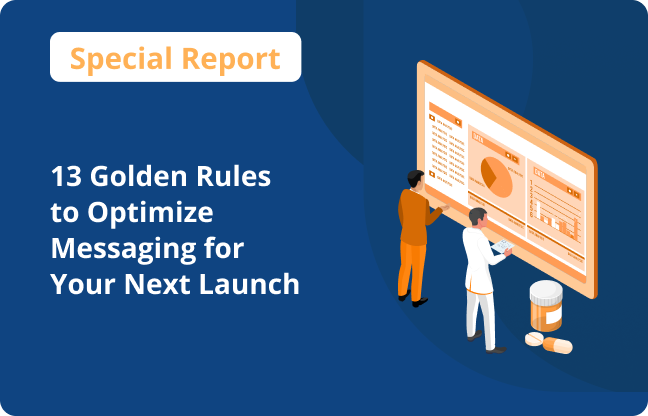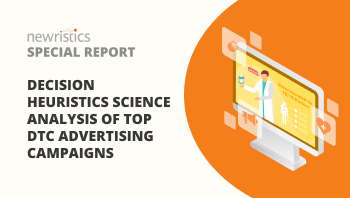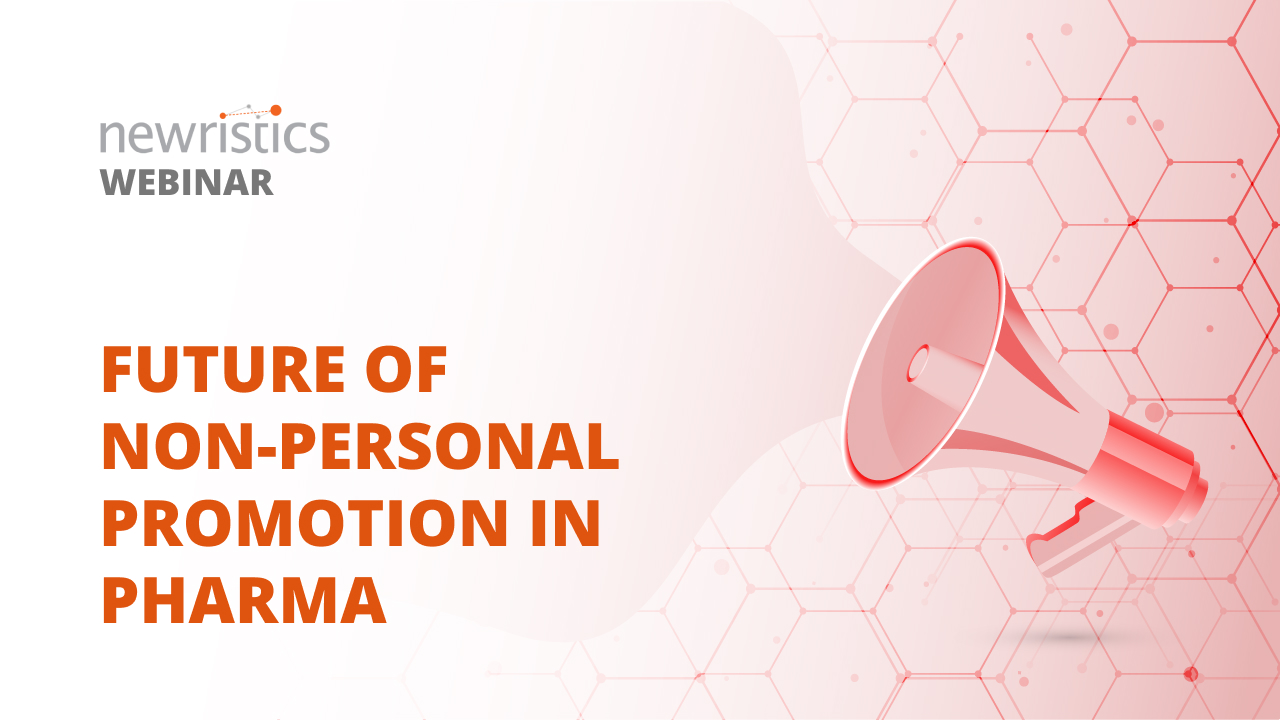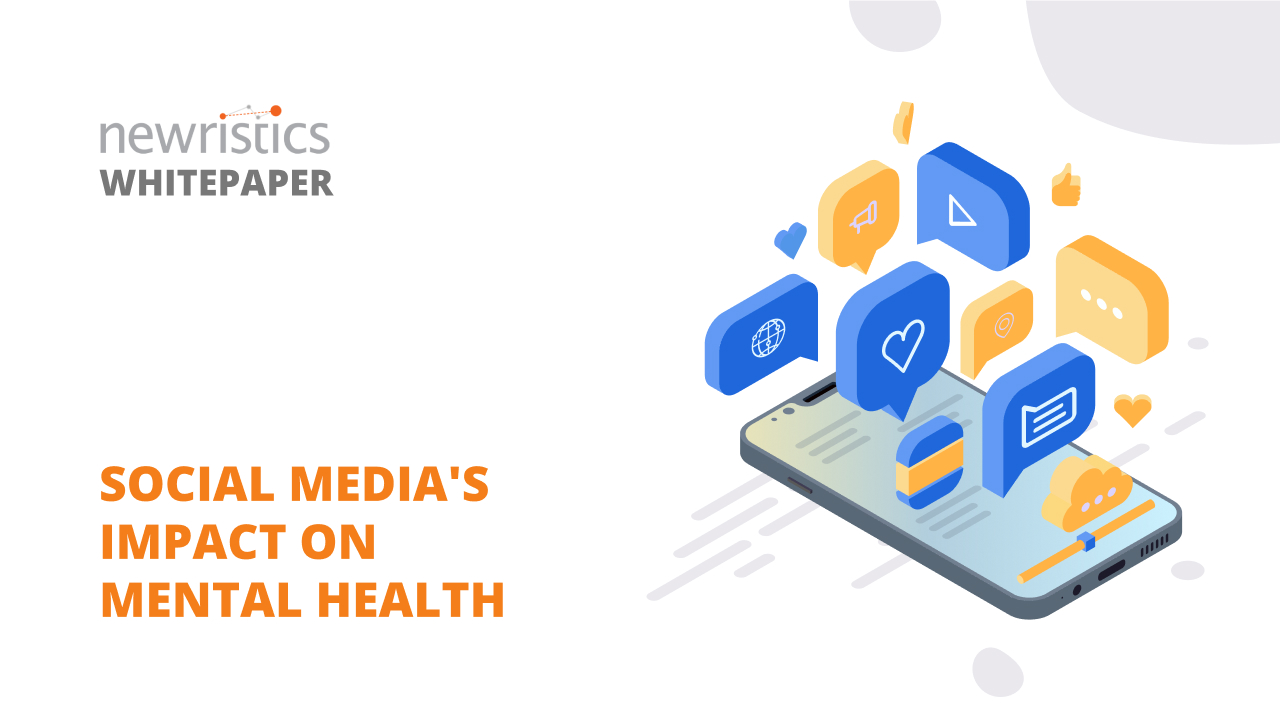When evaluating events and the relative risks of different outcomes, people will give more importance to the examples that come easily to one’s mind. For instance, people might be afraid to go swimming in the ocean out of fear they will be attacked by a shark but will consume twice their intake of sodium despite knowing it is bad for their health. Sensational events such as shark attacks or terrorist incidents can imprint a vivid memory on our experience while more pernicious incidents, such as high blood pressure, doesn’t instill the same sense of fear or urgency.
A person evaluating the prevalence or likelihood of an event will often rely on related information that comes to his or her mind most easily. How easily something comes to mind can depend on recency of exposure, sensation, novelty, and other factors, but they often result in the overestimation of some events and underestimation of others.
For example, an American may think Ebola is a significant risk because the disease is highly sensational and the news has been covering the outbreak in Africa, but in reality he is more likely to die as a result of not wearing his seatbelt. However, since car accidents are more routine and receive less coverage, he does not consider this nearly as great of a risk as Ebola.
 Blog posts
Blog posts
 Back
Back


 Special Reports
Special Reports

 Webinars
Webinars

 Whitepapers
Whitepapers



